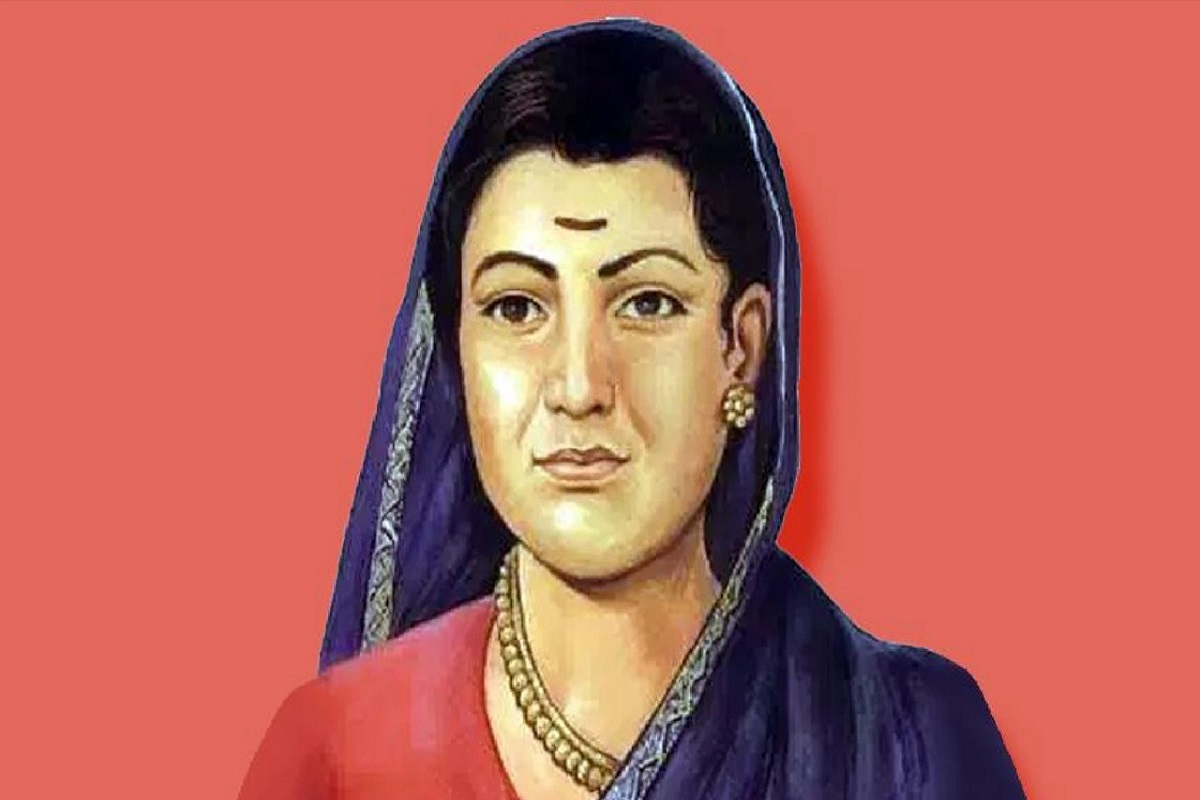‘Phule’ starring Pratik Gandhi and Patralekhaa gets a release date
'Phule', starring Pratik Gandhi and Patralekhaa, will release this April, celebrating the legacy of Jyotirao and Savitribai Phule's fight for social equality and education.
Throughout her life, she and her husband fought for women’s rights and tried encouraging women’s education.

(Photo: https://diligentias.com/)
Known as the first female teacher of India Savitribai Phule is the epitome of Indian feminism.
Born on January 3rd, 1831 in Maharastra, Phule is the oldest known female Indian social reformer, educationalist, and poet. Savitribai’s birth anniversary is celebrated as ‘Balika Din’ in the whole of Maharashtra, especially in girls’ schools.
Advertisement
Along with her husband, Jyotirao Phule, she played an important and vital role in improving women’s rights in India. She is regarded as the mother of Indian feminism.
Advertisement
Savitribai and her husband founded one of the first Indian girls’ schools in Pune, at Bhide Wada in 1848.
She worked to abolish the discrimination and unfair treatment of people based on caste and gender. She is regarded as an important figure of the social reform movement in Maharashtra.
At the time of her marriage, Savitribai was illiterate. Her husband, Jyotirao educated Savitribai at their home.
Phule was also an author and poet. She published Kavya Phule in 1854 and Bavan Kashi Subodh Ratnakar in 1892, and also a poem entitled “Go, Get Education” in which she encouraged those who are oppressed to free themselves by obtaining an education. As a result of her experience and work, she became an ardent feminist.
She established the Mahila Seva Mandal to raise awareness for issues concerning women’s rights. She also called for a gathering place for women that was free of caste discrimination or differentiation of any kind.
Symbolic of this was that all the women that attended were to sit on the same mat. She was also an anti-infanticide activist.
She opened a women’s shelter called the Home for the Prevention of Infanticide, where Brahmin widows could safely deliver their children and leave them there to be adopted if they so desired.
She also campaigned against child marriage and was an advocate of widow remarriage. Savitribai and Jyotirao strongly opposed Sati Pratha, and they started a home for widows and forlorn children.
In a country where unconventional steps were considered as an offense to religion and traditions, Sitribai Phule and Jyotirao Phule established high standards of humanism and equality. They both paved a way for modern India.
Advertisement